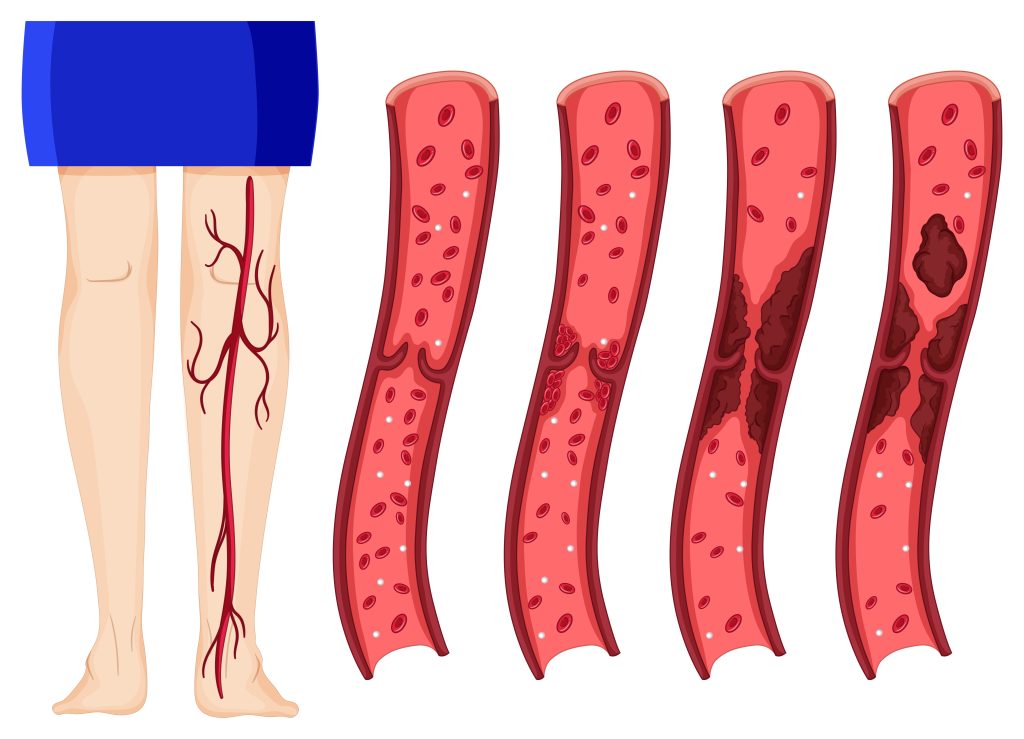
Varicose veins, with their distinctive blue or purple appearance and twisted, bulging structure, can be an unwelcome sight for those who have them. While often regarded as a cosmetic issue, varicose veins can also lead to significant discomfort and potential health risks. Understanding the nature of varicose veins—whether they are merely a cosmetic concern or a serious medical issue—is crucial for determining the right treatment approach.
What are Varicose Veins?
Varicose veins occur when veins become enlarged, dilated, and overfilled with blood. Typically seen in the legs, these veins appear swollen and raised, with a bluish-purple or red color. The condition is caused by weakened valves in the veins that struggle to transport blood back to the heart efficiently, causing blood to pool and veins to enlarge.
Cosmetic Concerns
For many, the primary concern with varicose veins is their appearance. These veins can be highly visible and may cause embarrassment or self-consciousness, particularly during warm weather when shorts and skirts are typically worn. The desire to hide these veins can affect clothing choices and social activities, impacting one’s quality of life.
Cosmetic Treatments:
- Sclerotherapy and laser treatments are popular methods for reducing the visibility of varicose veins. These treatments can close off the affected veins, making them less visible or completely disappearing over time.
Medical Implications
Beyond their appearance, varicose veins can pose real health concerns. They are not just a simple cosmetic issue; if left untreated, they can lead to more severe conditions.
Symptoms that may arise from varicose veins include:
- Pain and Discomfort: Aching, heavy, or throbbing legs are common, particularly after standing for long periods.
- Swelling: The legs and ankles may swell due to the accumulation of blood.
- Itching: The skin around varicose veins can become itchy and uncomfortable.
- Fatigue: Legs can feel unusually tired or heavy.
Potential Health Risks:
- Venous Ulcers: Poor circulation in the affected areas can lead to ulcers, which are painful and difficult to heal.
- Blood Clots: Varicose veins may increase the risk of developing superficial thrombophlebitis, a blood clot along with inflammation in a superficial vein.
- Bleeding: The skin over the veins becomes thin and can bleed significantly if injured, which can be difficult to stop.
When to Seek Medical Advice
It’s important to consult with a healthcare provider if you experience any of the following:
- Persistent pain or swelling in the legs.
- Changes in the skin color or texture around the veins.
- Signs of a venous ulcer or a significant increase in discomfort.
- Any bleeding from varicose veins.
Treatment Options
Treatment for varicose veins can be both medical and cosmetic, depending on the severity and the symptoms presented.
1. Conservative Treatments:
- Compression Stockings: Wearing prescribed compression stockings helps reduce discomfort and swelling by improving circulation.
- Lifestyle Changes: Regular exercise, maintaining a healthy weight, elevating the legs, and avoiding prolonged periods of standing can all help manage symptoms.
2. Medical Procedures:
- Endovenous Ablation Therapy: Uses heat to seal affected veins.
- Ambulatory Phlebectomy: Small, slit-like incisions are made to remove varicose veins.
- Vein Stripping: Surgical removal of large varicose veins.
Conclusion
While varicose veins are often viewed as a cosmetic issue, they can also lead to significant medical problems if left untreated. Anyone suffering from varicose veins should be aware of the potential health risks and treatment options available. Discussing your symptoms with a healthcare provider can help you decide the best course of action to take, whether it’s pursuing cosmetic treatments to improve appearance or more intensive medical interventions to address underlying health concerns. In either case, understanding the full implications of varicose veins is key to managing your health effectively.
If you have concerns about vascular health or need professional advice on managing vascular issues, don’t hesitate to reach out. Contact us at drsravanvascular@gmail.com or call +91 99945 43335 to schedule a consultation. Our expert team is here to provide you with personalized care and support for all your vascular health needs.
